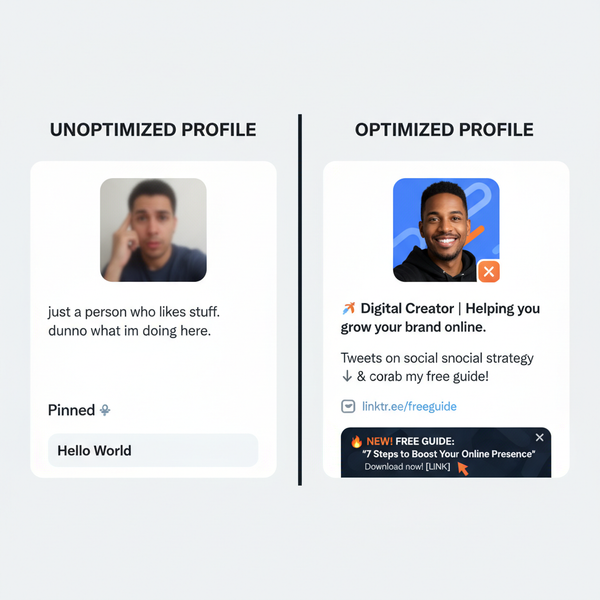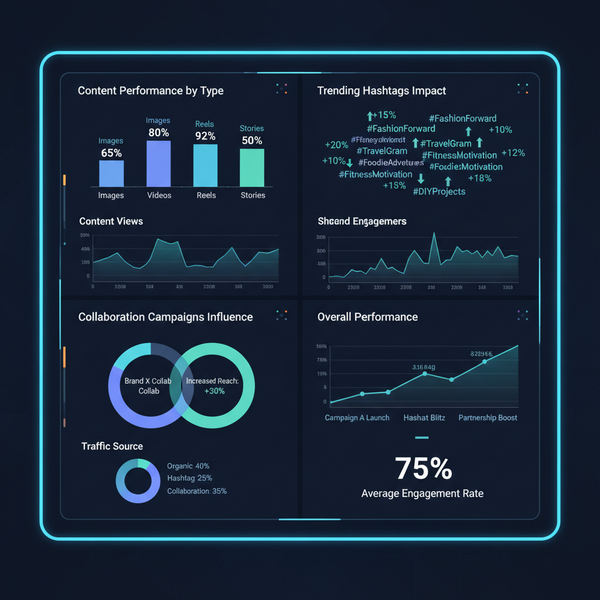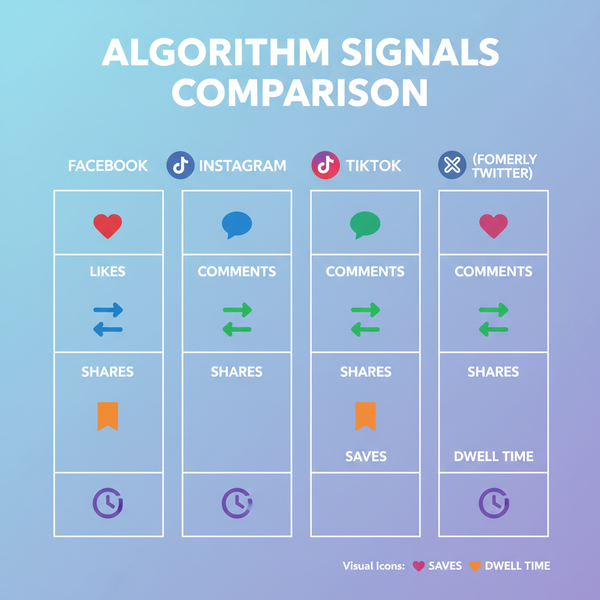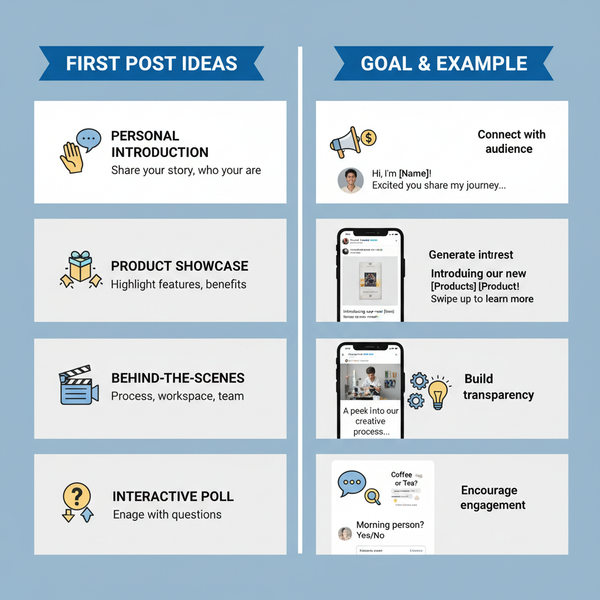Facebook Maximum Photo Size and Image Dimension Tips
Learn Facebook's maximum photo sizes, optimal pixel dimensions, and compression tips to keep your profile, posts, ads, and stories looking sharp.
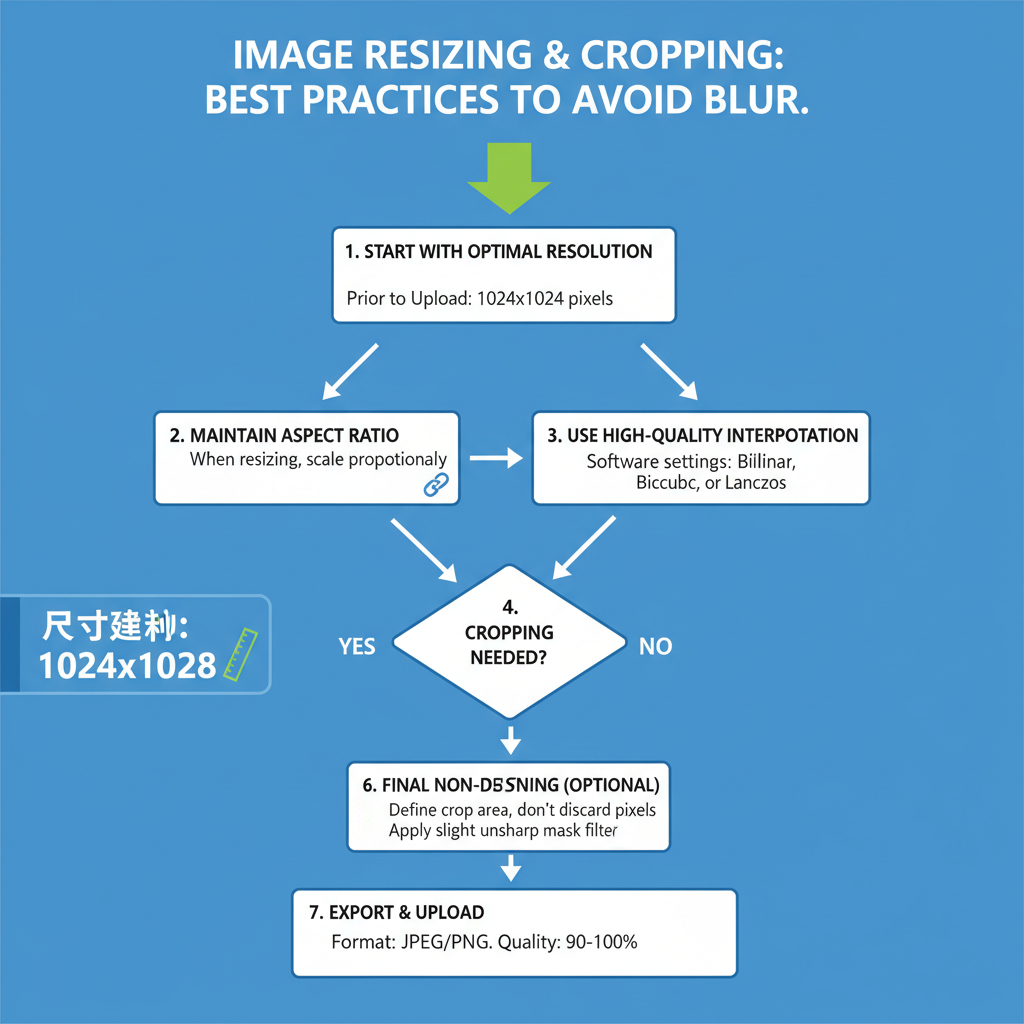
Facebook Maximum Photo Size and Image Dimension Tips
Facebook is one of the most image-driven platforms today, and understanding its photo size limitations can greatly improve how your posts, stories, and ads look. If you’re looking to keep your visuals crisp and professional, knowing the Facebook maximum photo size and best pixel dimensions is essential. This guide covers official limits, optimal resolutions, compression effects, and pro tips to ensure your images look sharp across all devices.

In the sections below, we’ll break down supported file types, recommended dimensions for different placements, and best practices to avoid blurry uploads or distorted cropping.
---
Facebook’s Image Size Limits
Facebook supports multiple image types depending on placement:
- Profile photos — Small, round-cropped images in comments, posts, and your profile.
- Cover photos — Wide rectangular banners at the top of profiles, pages, and groups.
- Post images — Photos shared in timelines or albums.
- Ads — Images in promoted posts or campaigns with strict aspect ratio rules.
- Stories — Full-screen vertical images on mobile.
---
Maximum Upload Size and Supported File Types
Facebook enforces upload limits based on both file size and format.
| Type | Maximum File Size | Supported Formats |
|---|---|---|
| Profile Photo | Up to 10 MB | JPEG, PNG |
| Cover Photo | Up to 10 MB | JPEG, PNG |
| Post Photo | Up to 25 MB | JPEG, PNG, GIF (static) |
| Facebook Ads Image | Up to 30 MB | JPEG, PNG |
| Stories Image | Up to 5 MB | JPEG, PNG |
Note: Even if your image matches the maximum file size, Facebook will compress it internally for faster loading.
---
Recommended Pixel Dimensions for Best Results
Uploading larger images can work, but Facebook displays them at specific sizes.
| Placement | Optimal Dimensions | Aspect Ratio |
|---|---|---|
| Profile Photo | 400 × 400 px | 1:1 |
| Cover Photo (Desktop) | 820 × 312 px | ~2.63:1 |
| Cover Photo (Mobile) | 640 × 360 px | 16:9 |
| Shared Image Post | 1200 × 630 px | ~1.91:1 |
| Facebook Ads | 1080 × 1080 px | 1:1 or 1200 × 628 px |
| Stories | 1080 × 1920 px | 9:16 |
---
Display Size vs Upload Size
Uploading an image larger than the display standard can help retain clarity after compression. For example:
- A post image displays at 1200 × 630 px but uploading at 2048 px wide preserves quality.
- A profile photo displays at ~170 × 170 px on desktop but uploading at 400 × 400 px or more is ideal.
Always use high-resolution source files to counteract compression.
---
Facebook’s Compression Process and Quality Impact
When you upload images, Facebook applies server-side compression which can:
- Reduce resolution
- Lower JPEG quality to 70–85%
- Strip metadata like EXIF tags
- Remove transparency in PNGs when possible
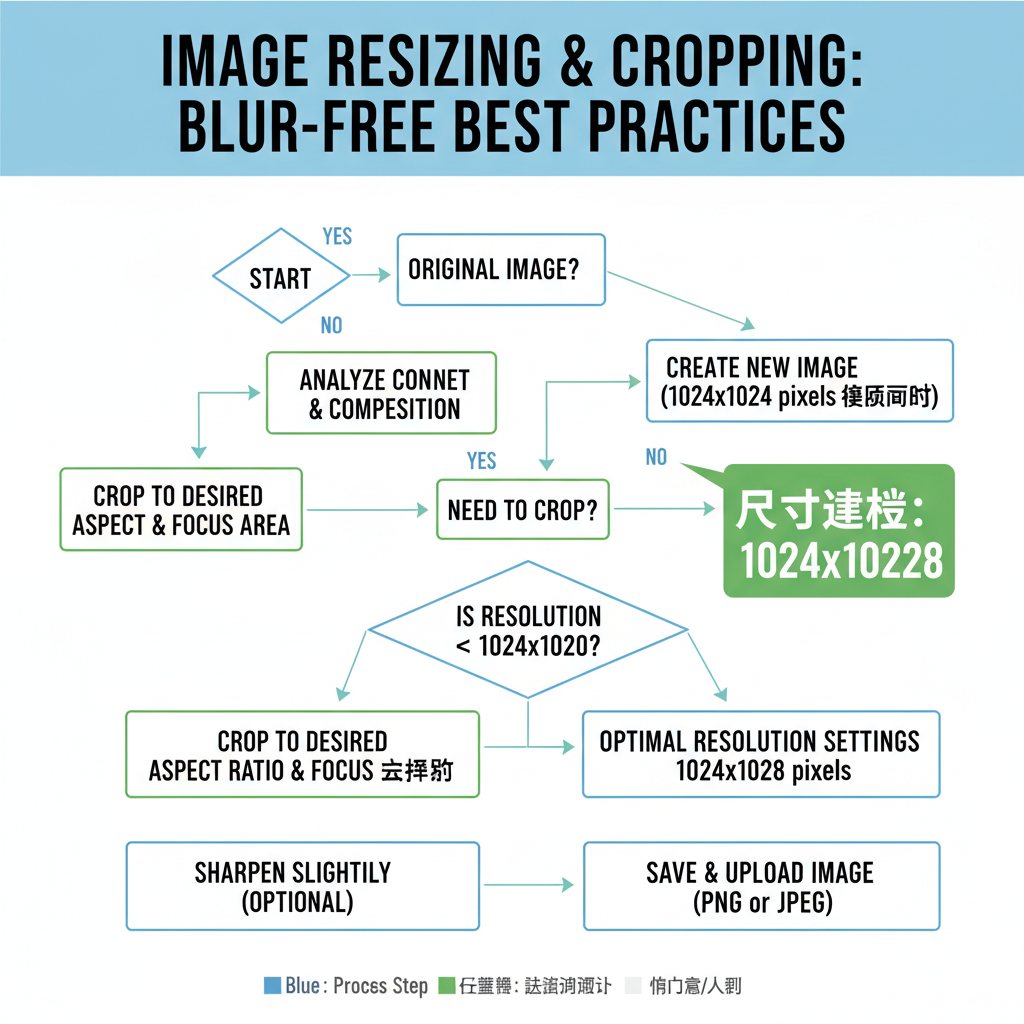
Compression improves performance but can soften edges, add artifacts, and slightly change colors.
---
Tips to Avoid Blurry or Pixelated Uploads
- Match optimal dimensions or upload slightly larger.
- Select correct file format — JPEG for photos, PNG for graphics/text-heavy visuals.
- Avoid upscaling small images.
- Export with high JPEG quality (>90 before upload).
- Limit small text that could blur.
- Prefer simple backgrounds that compress more cleanly.
---
Best Practices for Resizing and Cropping
Proper resizing and cropping keep images looking sharp on all devices:
- Maintain aspect ratios to avoid distortion
- Crop to fit desktop and mobile variations
- Position key subjects centrally
Example workflow:
## Resize image to optimal width
Image > Scale Image > Width: 1200 px
## Crop with fixed aspect ratio
Crop Tool > Aspect Ratio: 1.91:1---
Tools for Smart Compression
To keep quality high:
Free:
- TinyPNG
- Squoosh
- ImageOptim
Paid:
- Adobe Photoshop "Save for Web"
- Affinity Photo export tools
---
Dimensions for Specific Formats
| Format | Recommended Dimensions | Aspect Ratio |
|---|---|---|
| Event Cover | 1920 × 1080 px | 16:9 |
| Group Cover | 1640 × 856 px | ~1.91:1 |
| Marketplace Listing Photo | 1200 × 1200 px | 1:1 |
---
Troubleshooting Size-Related Upload Problems
- Upload fails — File exceeds MB limit; compress or resize.
- Incorrect display — Adjust aspect ratio to match placement.
- Color shift after upload — Ensure sRGB profile before saving.
- Slow uploads — Keep file under 5 MB for faster posting.
---
Future Trends for Facebook Image Guidelines
Potential updates in the coming years include:
- Larger maximum file sizes for ultra-high-resolution visuals
- Improved compression algorithms with less quality loss
- Adoption of AVIF/WebP for smaller, sharper images
- AI-driven auto-cropping for multiple devices
---
Summary
Mastering the Facebook maximum photo size and dimension rules helps your content stand out while avoiding awkward crops or blurry results. Upload high-quality images, match or exceed recommended pixel dimensions, and use smart compression to maintain clarity.
![final]()
Before your next post, ad, or event, ensure your images meet both Facebook’s maximum size limits and optimal display specs, then preview across devices. Following these tips will give your visuals a cleaner, more professional look — helping you engage more effectively with your audience. Ready to improve your Facebook presence? Start optimizing your images today.

